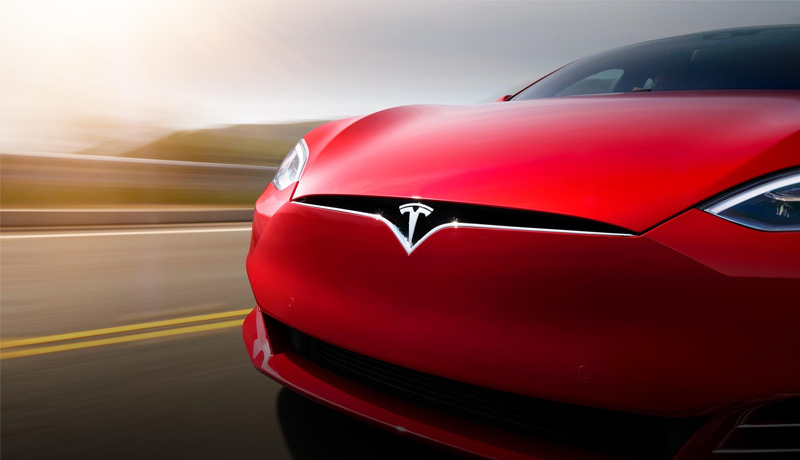
By Rabab Zehra, Executive Editor, TECHx Media
The sale of smart cars and electric vehicles (EVs) is experiencing exponential growth across the region, according to recent indications. In a report published by Mordor Intelligence, experts claim that governments in the Middle East are promoting the use of electric cars and the spread of 5G internet that will help the industry grow in the coming years.
The crucial role of technology in this aspiring auto market is hard to overstate. Carmakers today use semiconductors—also known as chipsets—in everything from brake sensors to entertainment systems and parking cameras. In August of this year, news broke that US regulators had reportedly approved licence applications worth hundreds of millions of dollars for Chinese tech giant Huawei to purchase chips for its booming car component business. The license approval is significant for not just Huawei, but the wider auto market.
Huawei is a paradigm of a new generation of suppliers for the auto industry. Although it is most renowned for its telecommunications expertise, the company’s automobile research began in 2012. It established a lab to explore connected vehicles at that time, leveraging its knowledge in telecom infrastructure and smart gadgets. Over time, the company realized that its technology and capabilities could be used for a broader range of vehicle applications. Huawei quickly understood that the automobile sector didn’t require the Huawei brand, but rather its technological skills to assist in the development of future-oriented cars. For now, Huawei is intent on not being a car manufacturer, but rather a digital-oriented components provider, enabling car manufacturers to build better vehicles.
Today, the company has already selected three auto partners under this model and is helping them build their sub-brands. Meanwhile, it announced a licensing agreement with a Volkswagen Group supplier this summer that marks its single largest licensing deal to date in the auto industry.
Looking again at the global marketplace, the critical role of automation, connectivity, electrification, and smart mobility (ACES) continues to be studied by analysts. McKinsey estimates that since 2010, investors have poured nearly $330 billion into more than 2,000 mobility companies focused on ACES, with over $80 billion of this amount invested since the beginning of 2019 alone.
Moreover, the Middle East remains a testbed for many global companies seeking to trial smart, electric vehicles. This has been largely possible by encouraging open supply chains and joint innovation programs with international companies, including those emerging from China. Considering the momentum behind the region’s EV market, and the surge of investment by tech-focused component providers into the auto industry, scaling these value chains can help usher in a new era of sustainable transport in the region.
